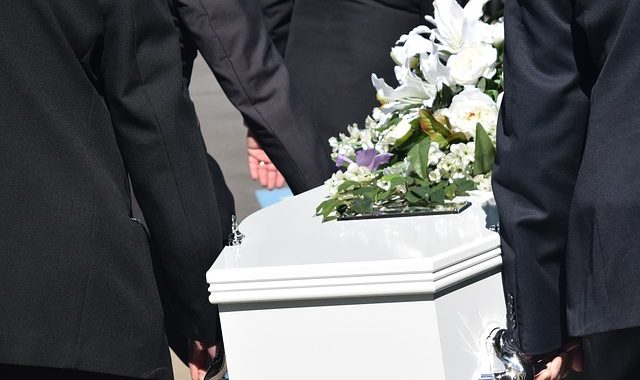
Caregiver Grief: 4 Self-Care Principles to help Cope with the Loss of a Patient
Hospice nurses work closely with death. They encounter death every day, and they lose someone they know and care for on a regular basis. Their work takes them on an unparalleled journey in the struggle between life and death that, over time, can take its toll. Hospice caregiver grief is part-and-parcel to the job. Burnout is common and has become a top priority for hospice agencies to prevent. Although no perfect formula for helping caregivers cope with loss has yet been devised, there exists a framework self-care plan created by Sally Hill Jones, PhD, in 2005 designed specifically to address caregiver grief and burnout.
Self-Care Plan for Hospice Caregiver Grief
Part of the challenge of working in hospice stems from the fact that as humans we tend to project our own fears and anxieties on others in times of hardship. Working so closely with death, hospice caregivers often struggle to come to terms with their own personal fears of death when caring for someone who is dying, which in turn may cause caregivers to struggle to separate their work from their personal lives. Sally Hill Jones shared in a 2008 article how she came to grips with this delicate and often difficult work-life balance.
“As Ms. Wilson neared death, my anxiety about her dying without family members grew, despite my not knowing whether this was an issue for her. When the nephew arrived in time to say good-bye and to be with his aunt as she died, I experienced great relief. Upon reflection about the especially strong feelings I had about this client’s death, I became aware of my own fears of dying alone since I have no children. To have this occur on my birthday, a milestone in my own aging, added to the feelings. I did some deep breathing and listened to calming music. I later sat with painful feelings and came to a deeper understanding of my fears, enabling me to distinguish clients’ issues from my own and contributing to more peace about my own death,” Jones explained.
It is within this context that a self-care plan must be created and implemented. Hospice work is taxing both physically and spiritually, and to prevent it from leading to burnout a caregiver should carefully map out their strengths and weaknesses in regards to four principles of self-care: physical, cognitive, relational, and spiritual.
Physical Self-Care for Hospice Caregiver Grief
Stress manifests itself physically and can cause an array of problems. A hospice caregiver should pay close attention to where their stress manifests, understand its triggers, and develop a means to counteract it. Common means for coping with physical stress are meditation, controlled breathing exercises, physical exercise (such as running, swimming, lifting weights) among others. Maintaining a healthy diet is also important to manage stress levels.
Cognitive Self-Care for Hospice Caregiver Grief
Hospice work is emotional. Most caregivers who experience grief hide it from others around them. Bottling up emotions is a recipe for disaster, and so a good self-care plan should include a regular ritual to let out grief related emotion. This can be in the form of a dedicated time of day for crying, journaling, or participating in a soothing, familiar activity, such as gardening. It is important to create a self-care plan that helps to process caregiver grief and manage emotions.
Relational Self-Care for Hospice Caregiver Grief
Part of a comprehensive self-care plan involves creating a strong social support network. Finding people who are able to listen, or who can help hospice caregivers cope with physical and emotional stress is essential. This can take many forms, including forming peer sessions between hospice caregivers. Such sessions are a great tool for coping with hospice caregiver grief as the others in the group are dealing with the same emotions and stresses and can provide constructive feedback on how well their peers are coping with certain aspects of their work.
Spiritual Self-Care
Hospice’s closeness with death requires caregivers pay careful attention to their spiritual self-care. End-of-life care can be extremely rewarding spiritually, but can also quickly lead to a certain numbing of the spiritual self. Therefore, a good self-care plan should include a spiritual component to keep caregivers centered and in tune with their spiritual selves. This can take many forms, such as praying, attending services, finding a connection with nature, music, meditation, among others.




